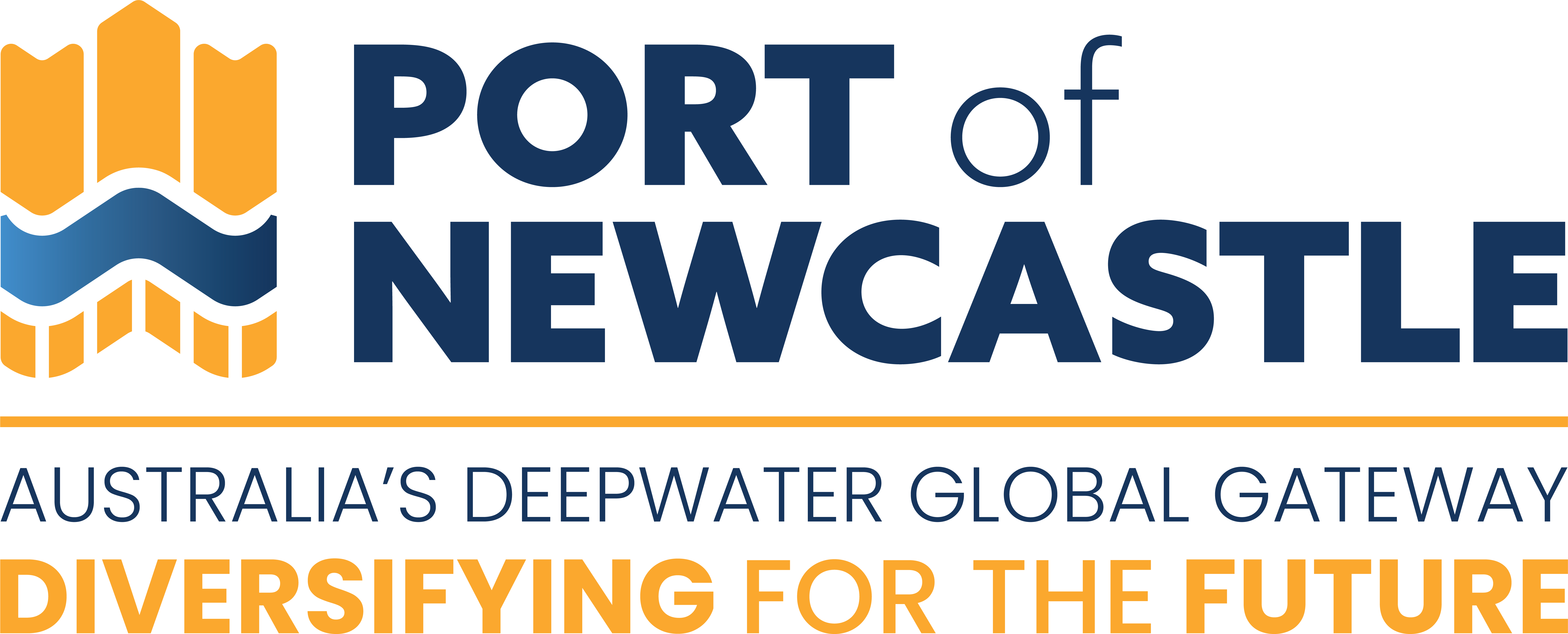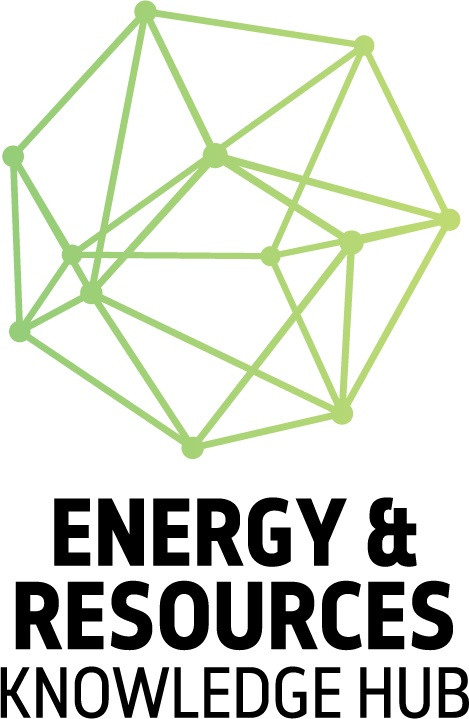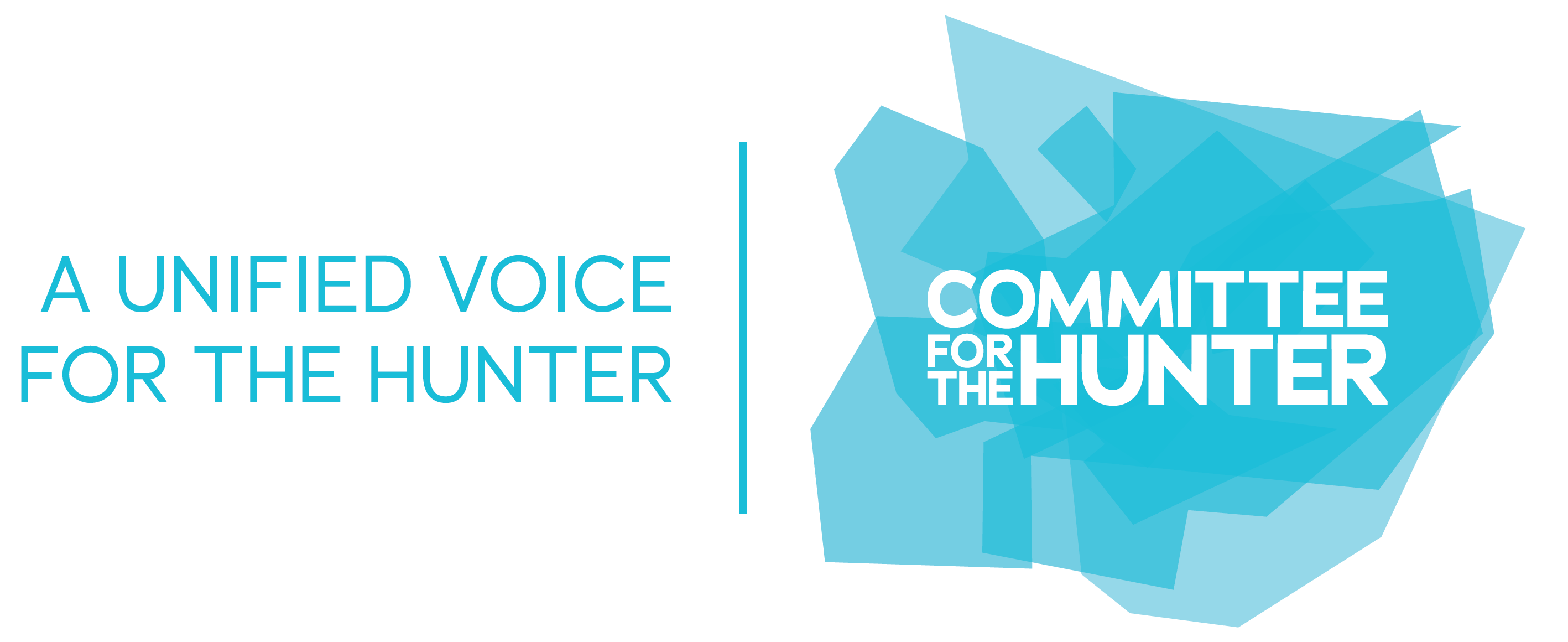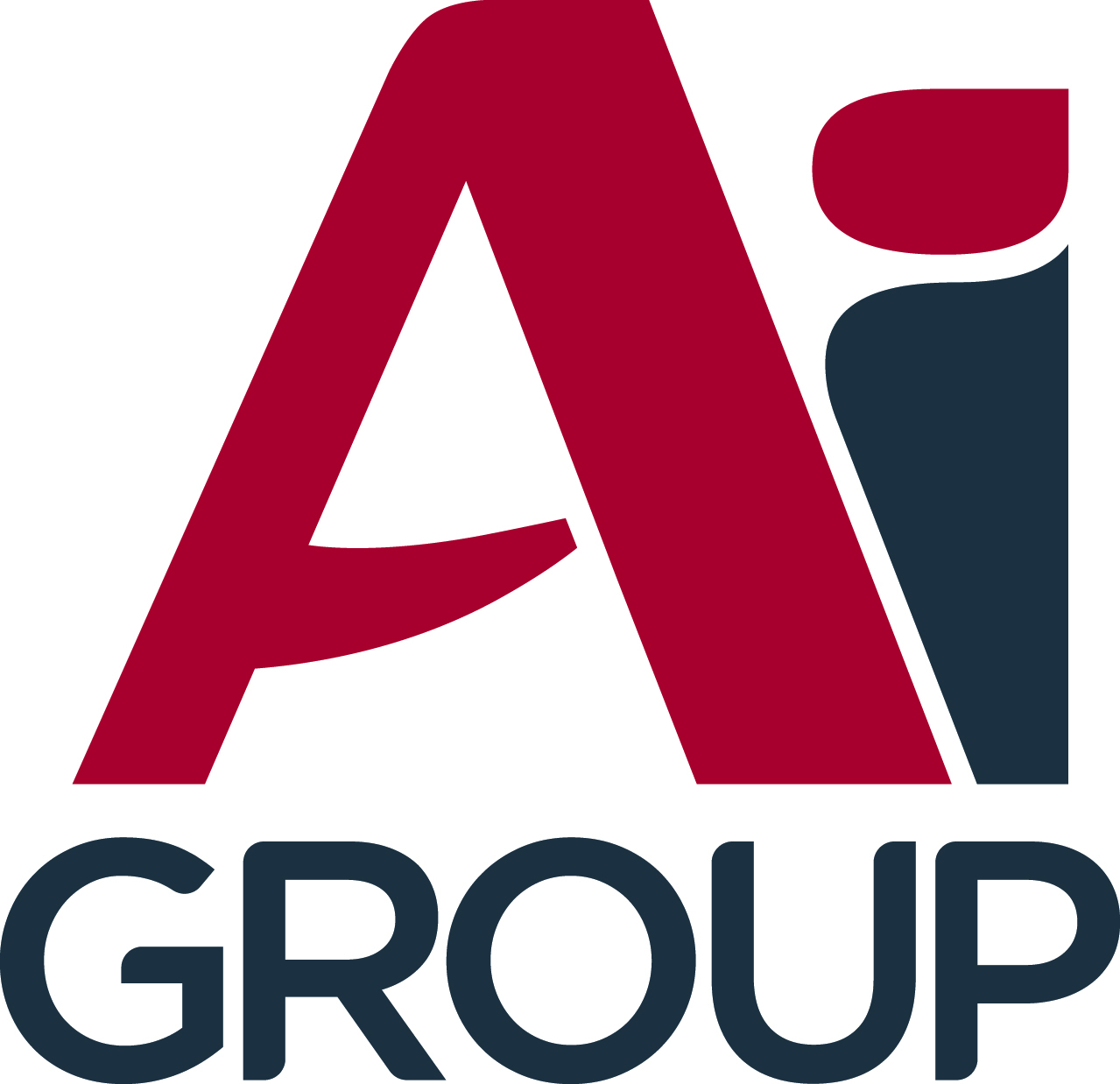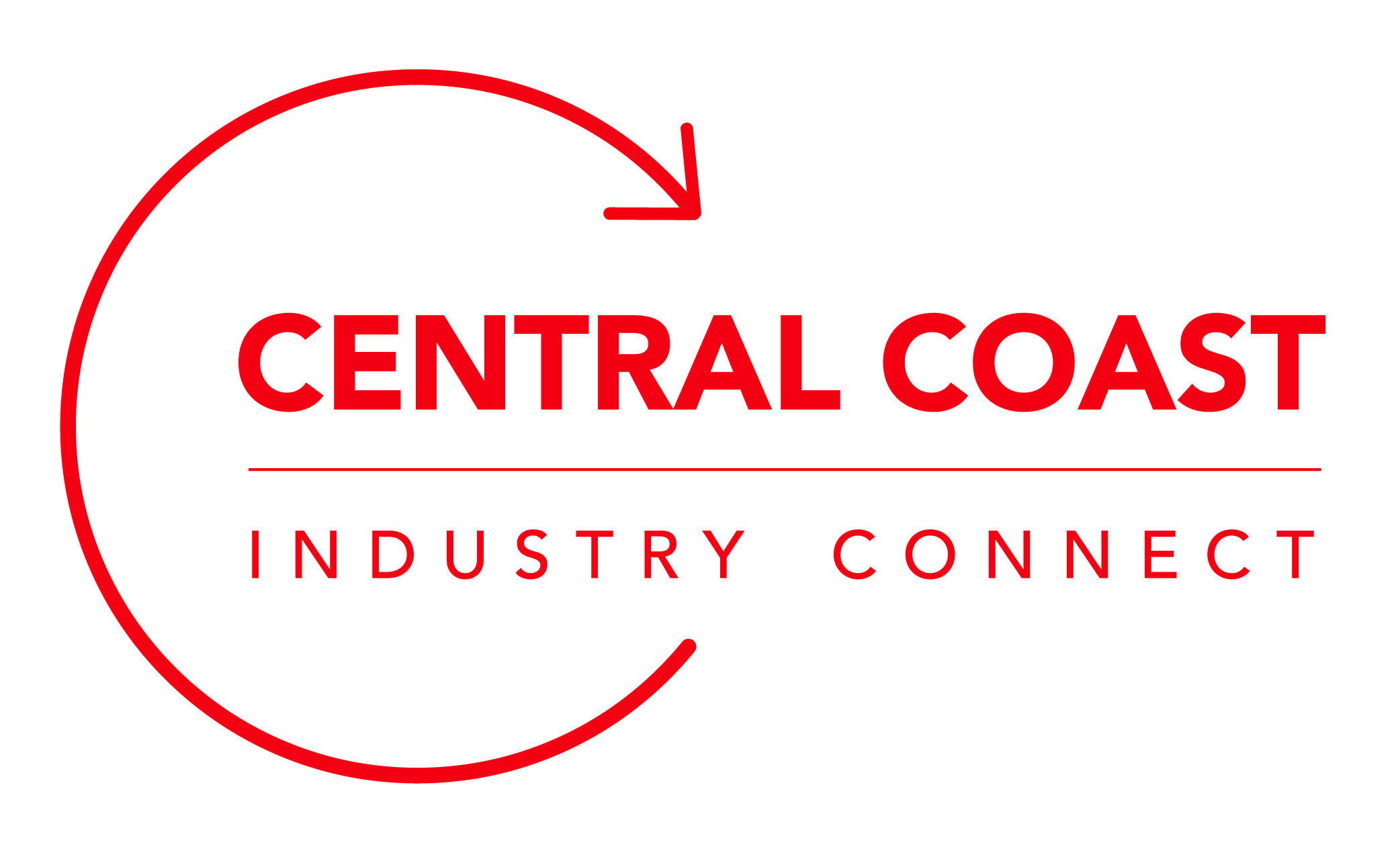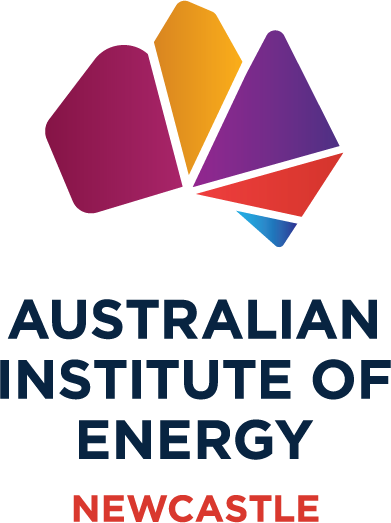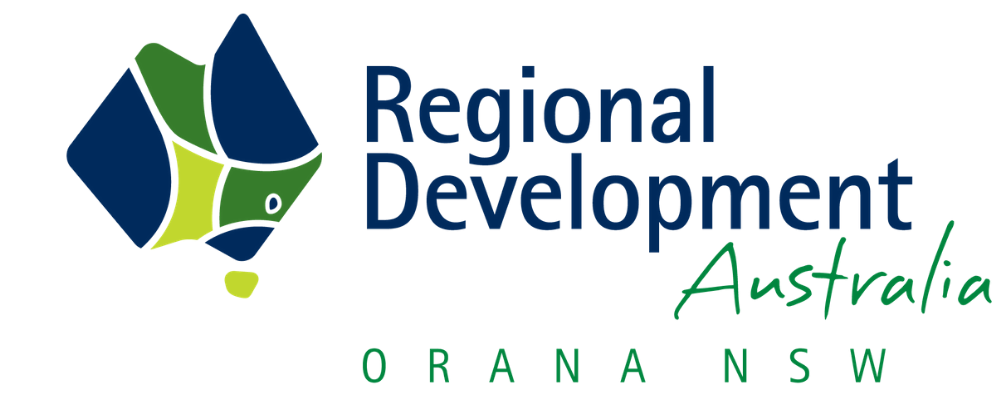Hydrogen seminar: development of a key energy source (webinar)
Interested in the development of Hydrogen in the Hunter? Join AIE Newcastle for a series of online presentations on Hydrogen research development.

A live Webinar presentation on Hydrogen research in the Hunter.
This includes:
- NewH2 – Hunter Hydrogen Technology Cluster
- Competitive advantages held by the Hunter compared with the rest of Australia and the world·
- Key likely players in the hydrogen chain in the Hunter
- Government stimulus and policy, along with government and private investment required for the Hunter and Australia to be leading the commercialization
- Technical aspects of hydrogen generation
A webinar link will be shared prior to the event, sent out the week prior.
Presenter BIOS
Ms Clare Sykes, Cluster Manager, NewH2: Hunter Hydrogen Technology Cluster
An Engineer with a background in resources and associated industries, Clare has worked at both operational and executive levels across both public and private sectors for more than 25 years. As Managing Director of LarkinSykes, Clare provides executive consultative services on strategy and innovation development for the resources and associated sectors. Prior roles include General Manager International Markets with METS Ignited, and senior roles within NSW Department of Industry. In March 2021, Ms Sykes was appointed Cluster Manager for NewH2.
Professor Alan Broadfoot, Director, Newcastle Institute for Energy and Resources (NIER)
Professor Alan Broadfoot has been the Executive Director of the Newcastle Institute for Energy and Resources (NIER) at the University of Newcastle since 2010. At NIER, Alan leads an ambitious agenda linking industry and academia for transformational research in energy, resources, food and water. Alan holds a Doctor of Philosophy, Master of Engineering and Bachelor of Electrical Engineering (Honours) from the University of Newcastle. An Electrical Engineer in various roles from 1985, Alan joined electrical design and manufacturing company, Ampcontrol in 1991 and held senior management positions, including Managing Director and CEO from 2005–2010. He is a Fellow of the Institution of Engineers Australia and was Chair of the Australian Industry Group Hunter Manufacturing Council from 2004 –2009. He is a Graduate of the Australian Institute of Company Directors, a Fellow of The Royal Society of NSW, Chair of the NSW Energy and Resources Knowledge Hub and Board member of TUNRA and CRC CARE.
Dr Jessica Allen, Senior Lecturer and principal researcher in the discipline of Chemical Engineering in the University of Newcastle’s School of Engineering.
Dr Allen's research combines electrochemistry and engineering with interests spanning low emission energy technologies as well as renewable energy and energy storage (both thermal and electrochemical). Dr Allen has worked across both industry and academia with a recent focus on decarbonising industry using electrochemical technology. She is a current ARC DECRA fellow and an active science communicator, nationally recognised as an expert in the production and use of hydrogen energy.
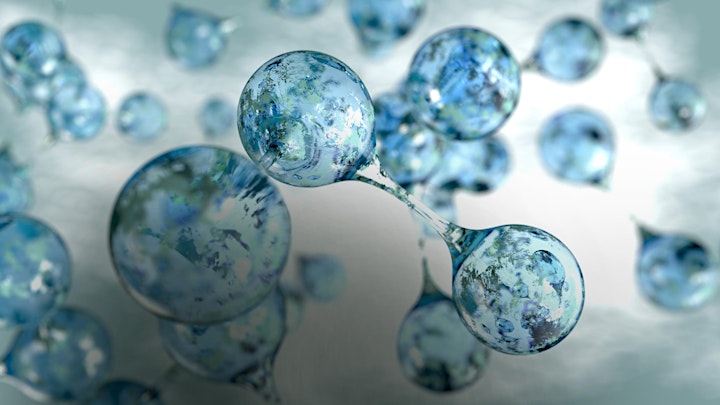
Hunter Hydrogen Technology Cluster (NewH2)
The Hunter Hydrogen Technology Cluster supports the emerging hydrogen economy in NSW by facilitating connections and knowledge sharing throughout the state and beyond. The Hunter region was selected as the geographic base for NSW’s Hydrogen Technology Cluster and the aim is to support the development of the hydrogen supply chain, reduce overlaps and identify gaps in the development, deployment and commercialisation of new hydrogen focused technologies. NewH2 is supported by a network of business and industry groups, TAFE NSW and The University of Newcastle and brings together hydrogen expertise from the Hunter, Central Coast, Orana and across the state.
Newcastle Institute for Energy and Resources (NIER)
NIER provides a multidisciplinary model which connects academia and industry through a common platform. The Institute’s objective is to strengthen regional resilience through the delivery of sustainable solutions for global challenges related to energy, food and water security, and resource sustainability through collaborative research, translation and education. The model facilitates collective capacity and joint branding of industry partners and research groups, enabling them to engage significant national and international collaborations. The model also enhances client relationship management through a single governance structure, which offers one point of contact for the implementation of master agreements, research contracts and the resolution of high-level issues.




